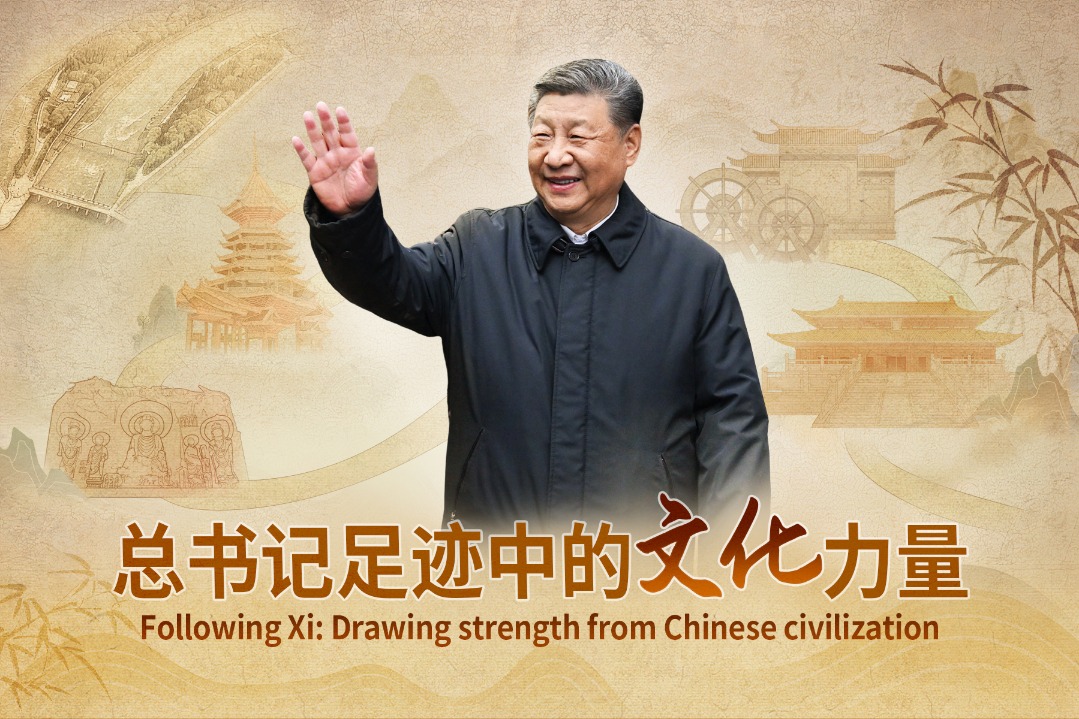Sponsorship of the game can come with some pitfalls

Football sponsorship appears to be an increasingly important part of brand building, with many of the most successful global brands, such as Coca-Cola, Nike, McDonald's and adidas, heavily involved in the sport.
While football is undoubtedly the most popular global sport nowadays and has even eclipsed many alternative forms of entertainment and not just other sports, does this mean unequivocally it is an indispensable aspect of modern day brand-building? Is any form of football sponsorship, ranging from player, team, stadium or tournament endorsement, a requisite step on the road to brand-building success?
Team sponsorship - having the brand or company name emblazoned on the team's shirts - is perhaps the most widely recognized form. While the benefits are clear, such as massive media exposure combined with "free" advertising for every shirt sold to supporters around the world, it is certainly not inexpensive to secure a deal with a world famous football team and not without risk and complexity, too.
For example, the benefits of Xtep's shirt sponsorship deal with Birmingham City will suffer greatly because of the club's recent relegation from the English Premier League. Furthermore, the brand image of the club and the country in which they play also need to be considered.
In England, for example, Manchester United and Chelsea are not just among the most successful clubs; they also enjoy a unique association with "glamor" and "style". This is partly due to historical reasons and famous players who have played for the clubs, such as George Best and Eric Cantona for Manchester United and Peter Osgood and Gianfranco Zola for Chelsea.
Brands or companies, therefore, which desire such a "glamorous" or "stylish" image, are more suited to sponsorship deals with these clubs. Styles of football vary greatly from country to country. Few could not help but admire the beautifully flowing, highly skillful passing style of football exhibited last weekend by Barcelona during its comprehensive defeat of Manchester United in this year's Champions League final.
While Spanish and Italian culture is often associated with "passion" and "action", their clubs are renown for "elegance", "grace" and "patience". These values differ from those associated with English clubs where "excitement", "speed" and "toughness" dominate most games.
Very importantly, team or shirt sponsorship may well establish huge brand awareness, but this may prove insufficient in developing brand image given that the audience are only exposed to a brand or company name.
Football stadium sponsorship, such as Arsenal football club's Emirates stadium, also provides obvious benefits, usually to corporate brands. After only a short time, such stadium name sponsorship appears to become synonymous with the football team name. This is an excellent form of brand association, assuming there is "fit" between the football team image and the desired brand image. Stadium sponsorship, however, is also a very limited form of brand association, where only the company name is linked to the football club and no other part of the corporate brand's distinct identity.
Football tournament sponsorship also plays a key part in brand/company success but differs from other forms. World famous tournaments often involve sponsorship deals with a large number of companies. There were 15 official sponsors of the 2006 FIFA World Cup including adidas, Coca-Cola and McDonald's. But despite enormous media exposure and positive association, such a large number of sponsors inevitably dilutes any brand building benefit.
Finally, individual footballer endorsement offers obvious brand building opportunity. Hence the number of brands/companies endorsed by the likes of Messi, Ronaldo and Beckham. Unlike all other forms discussed above, a famous football can endorse a brand or company much more emphatically and emotionally. Brand personification is much more likely, for example, where a specific individual is associated with a brand or company, which should result, assuming again there is "fit" between the individual's image and desired brand/company image, in a much stronger and sustainable form of association. Such association is likely to survive should a famous athlete transfer from one club to another. Ronaldo's recent transfer from Manchester United to Real Madrid has probably enhanced the player's brand endorsement value.
While many Chinese firms now find themselves in a position to bid for football sponsorship deals, they need to examine all possibilities and ensure their brand positioning "fits" the football player, tournament, or team association.
The author is visiting professor of brand management at China Agricultural University and teaches marketing and management at Tsinghua University.






























